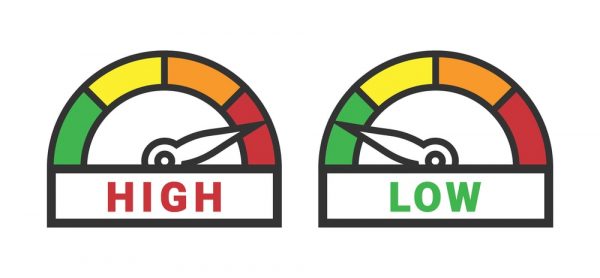Oil pressure is one of the most important factors determining the longevity of an engine’s internal combustion.
Today, we will discuss the causes and solutions for a Chevy truck’s high and low oil pressure.
Don’t worry. we will also discuss what causes low oil pressure.
There are two types of engine oil pressure- Low Oil Pressure and High Oil Pressure.
What Causes High Oil Pressure in a Chevy Truck | 06 Causes With Solutions
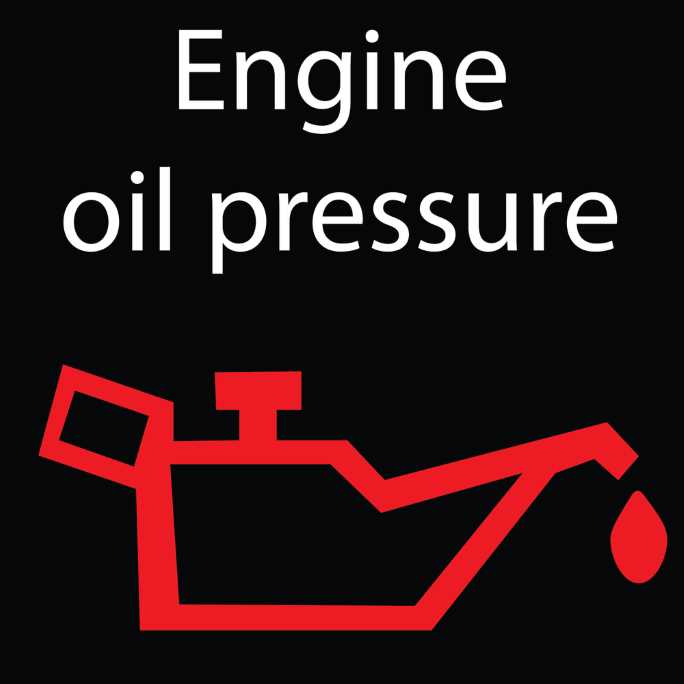
The normal oil pressure for your Chevy Truck is between 20-30 PSI when it’s idle.
During driving, the PSI should be between 40 to 50.
A PSI over 80 is considered too high for Chevy trucks.
It will damage your engine.
Chevy Silverado’s oil pressure of 80 means something is very wrong with the engine.
You have to turn your vehicle off and find out the problem by yourself or with the help of an experienced mechanic.
It’s hard to say what causes high oil pressure in a vehicle.
Turn the ignition on without turning the engine.
If the oil pressure maxes out to 80 PSI, there is probably nothing wrong with the actual oil pressure.
Instead, it may be for a faulty Oil Sending Unit or Faulty Oil Pressure Gauge.
In most cases, these are the two most common reasons for a Chevy truck’s high oil pressure.
But there are some other causes too.
Let’s discuss the 6 causes of high oil pressure with solutions.
01. Oil Sending Unit
In 99% of the cases, a bad or faulty oil sending unit causes High Oil Pressure in your Chevy Silverado or other models of Chevy Trucks.
Remove the hood of your vehicle.
An oil-sending unit is located right behind the block.
At least there are six different oil-sending units in your Chevy truck.
First, please find out the right one and replace it.
But before replacing it, you must purchase the right oil-sending oil for your vehicle according to the specific parts number.
If you buy the wrong part, it won’t fit your vehicle.
So, please choose the right one for your Chevy Truck before buying it.
Solution
The oil-sending unit (Also known as an oil pressor switch or oil pressure sensor) will cost you $42 to $60.
After replacing it with the right one, turn on the ignition.
You will notice the fuel gauge will remain around 0 PSI.
Then, turn on the engine, and the fuel gauge will go around 40 PSI.
That means you have solved the issue.
On the contrary, If the fuel gauge jumps to 80 PSI again, that means the fuel gauge sensor may be faulty.
This is the most trustable video on the net to solve the issue of Faulty Oil Sensor-
02. Faulty Oil Pressure Gauge
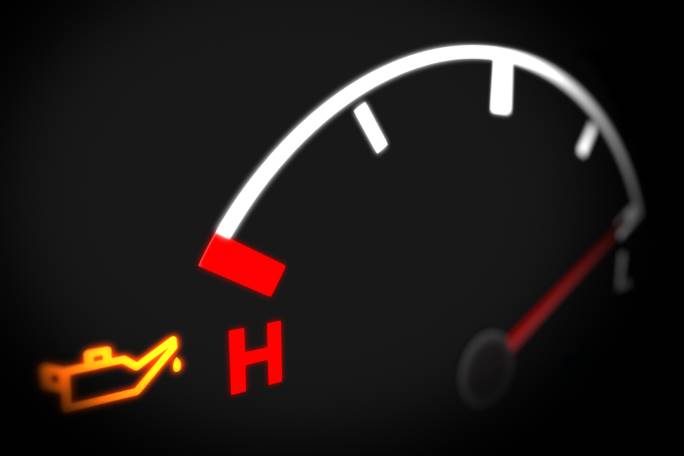
If changing the oil-sending unit doesn’t work out for you, your chevy truck’s oil pressure gauge is faulty.
Oil sensor gauges are notorious for leaking.
Replace the oil pressure gauge sensor.
Now, turn on the ignition switch.
The reading in your gauge should be 0 PSI.
Turn on the engine; the oil pressure gauge reading should be within 50 PSI.
If everything goes according to plan, then congrats.
You just have solved your issue with the faulty oil gauge.
Here is a concise youtube video that will guide you visually-
It’s hard to say what pressure you should have.
The oil pressure should increase with higher RPM.
The oil pressure gauge needle should be steady.
If the needle is shaking a lot while driving, the oil is leaking out somewhere.
03. Faulty Oil Pump

Oil pumps move volume. They don’t create oil pressure.
But it’s a widespread misconception that oil pumps create high oil pressure.
Something on the pump outlet creates oil pressure that restricts the oil from flowing.
The pumps don’t create oil pressure; instead, it is created by the resistance to the outlet volume of that pump.
So, replacing the oil pump or pick-up tube would be the wrong decision.
04. Pressure Relief Valve
If the pressure relief valve is stuck, it causes high oil pressure.
The pressure relief valve is located in the oil pump or in the engine block.
It may also locate in the engine’s housing system.
It’s challenging to replace the pressure relief valve.
Solution
It’s advised to replace the pressure relief valve during the engine overhaul.
05. Wrong Oil Grade
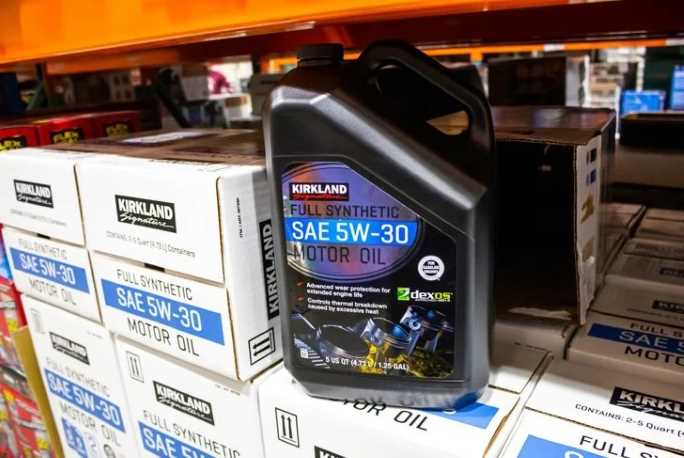
The engine is considered the heart of a vehicle.
Lubrication is super important for every engine.
As blood flows through the human body’s veins similarly, Engine Oil or Motor Oil flows through the engine that lubricates different parts of the engine.
Engine oil pressure is not any less important than blood pressure for us.
We have to use SAE 5w-30 grade engine oil for most Chevy Trucks.
Check the engine oil fill cap or owner’s manual book if you want to be sure.
The viscosity is written there.
It’s advised by the vehicle manufacturer to use the prescribed oil grade only.
A higher oil grade than 5w-30 is thicker for Chevy Trucks,
and more viscous oil faces more resistance than the thin one when passing through different parts of an engine.
Experimenting with different grades of engine oil may damage the engine slowly and cause high oil pressure.
Solution
Only use the prescribed engine oil grade.
If you used the wrong one, drain the engine oil immediately and fill it with the specified oil grade.
06. Dirty Oil Filter
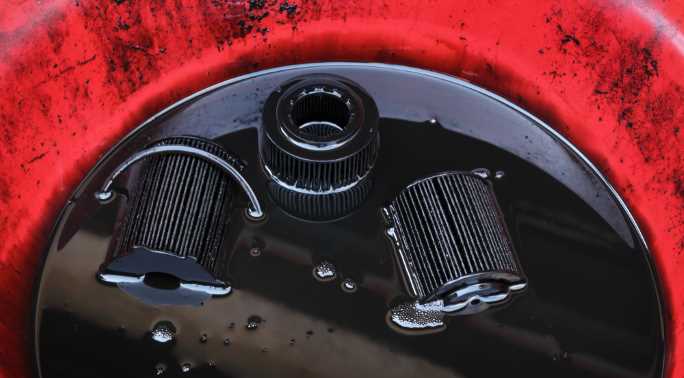
You must change your engine oil filter when you change your engine oil (In every 5k miles).
If you neglect or forget to change the engine oil filter timely, it will create a big issue later.
Oil filter filters out the debris, engine sludge, worn engine materials, and other unwanted foreign materials from the engine oil.
If you neglect to change it for a long period, surely it will cause high oil pressure.
Solution
Change engine oil filter timely. It is very cheap.
What Causes Low Oil Pressure in a Chevy Truck | 02 Causes With Solutions
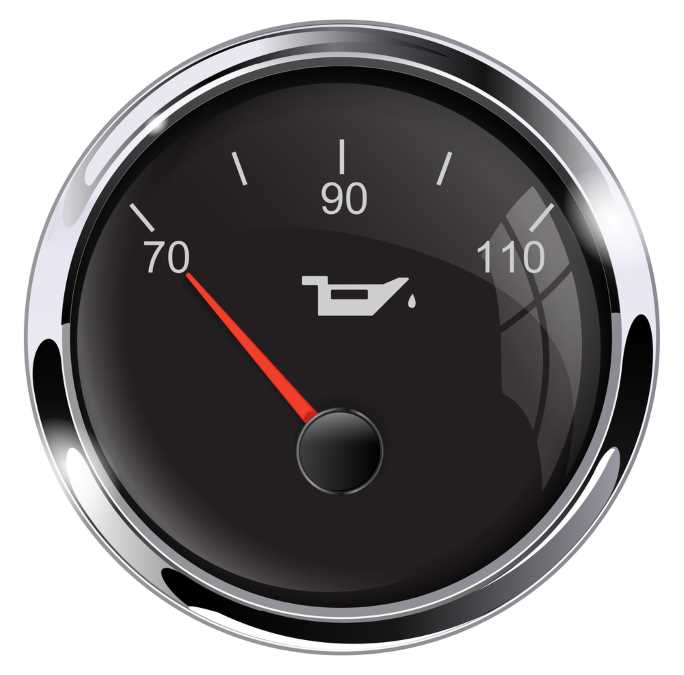
The standard oil pressure varies in different models of Chevy Truck.
The normal reading of the oil gauge is within 25 to 65 PSI.
The gauge reading should be between 20 to 30 PSI in idle mode.
It should not go below 20 PSI.
If your gauge light is turned on and the reading is below 20 PSI, that means you have a low oil pressure problem.
In 99% of the cases, two reasons cause low oil pressure in a vehicle.
01. Insufficient Engine Oil
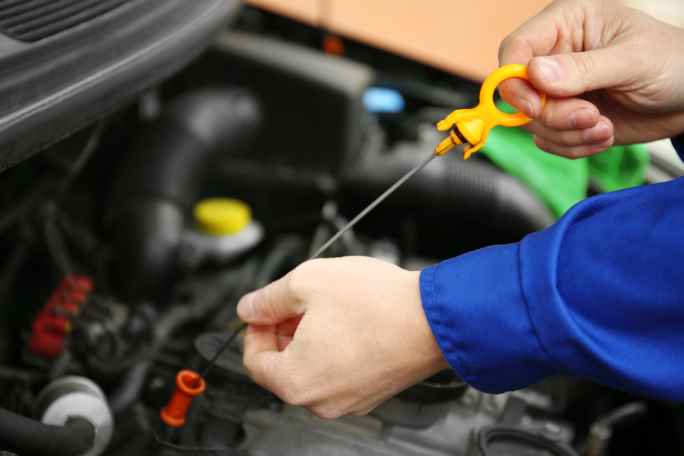
Check the engine oil level.
If you forget to change your engine oil timely (after every 5k miles),
some of your engine oil may dry out, and a low oil pressure problem will arise because there is insufficient oil in the engine.
Solution
Change your engine oil with SAE 5W-30 grade Fully-Synthetic Engine Oil.
Your oil pressure will be normalized automatically.
02. Faulty Oil Pressure Sensor
Check the oil pressure sensor if the engine oil level is sufficient.
The oil pressure sensor is also known as the oil pressure switch or oil pressure sending unit.
There are springs in the oil pressure sending unit.
They often wear out and leak over.
And it gives a false reading of low oil pressure in the oil gauge.
Solution
Open your Truck’s hood and replace the oil pressure sending unit.
It’s not costly. It costs between $30-$50 to replace a faulty oil pressure sensor.
If you want to replace your bad oil pressure sensor by yourself, then this short video will guide you-
Frequently Asked Questions
Can I Drive My Chevy Truck with Low Oil Pressure Warning Light?
First, check your engine oil level.
Driving with a Low Oil Pressure light is not advisable if your engine oil level has gone down.
Because it will ruin your vehicle’s engine.
Inadequate lubrication will cause engine failure.
So, you should stop driving and solve the problem first.
If the engine oil level is sufficient, you can drive for a while.
You should directly go to a nearby mechanic shop to find out and solve the problem first.
Driving for a long time with a low oil pressure gauge isn’t wise.
What is Normal Engine Oil Pressure for Chevy Truck?
It’s a complicated question. It varies from vehicle to vehicle.
The oil pressure within 25-65 PSI is considered a vehicle’s normal engine oil pressure.
Most Chevy Trucks should be between 40 and 50 PSI after turning the engine.
What is the Meaning of ‘Chevy Silverado Oil Pressure at 80’?
80 PSI is considered too high oil pressure for a Chevy Silverado.
It means something is wrong.
You must solve the issue immediately by changing the oil-sending unit or pressure gauge.
What Causes High Oil Pressure in Chevy Silverado?
It can cause for many reasons. But among them, two reasons are very common.
The first one is- a bad oil sending unit which is 99% common for high oil pressure on Chevy Silverado.
And the second one is a faulty oil pressure gauge.
When Should I Change Chevy Truck’s Engine Oil?
The engine oil of every automotive vehicle needs to be changed after a certain period.
For example, you should change your Chevy Truck’s engine oil every 5,000 miles it runs.
An expert mechanic advises it.
What Will Happen If I Don’t Change My Engine Oil?
As we mentioned before, the engine is considered the heart of an engine.
Engine oil lubricates all the engine’s internal parts, which helps run the engine smoothly.
If you don’t change your engine oil timely, your engine oil will dry out, and all the engine’s internal parts will fail to lubricate.
As a result, your engine will be overheated and damaged after a certain period.
So, never neglect to change your engine oil timely.
Final Words
It’s essential to know the basics of your vehicles.
If you don’t know the basics and neglect the Low or High Oil Pressure signal on the dashboard, your engine will surely be damaged.
So, learn the basic things and don’t neglect to change engine oil or mobile filter timely.
